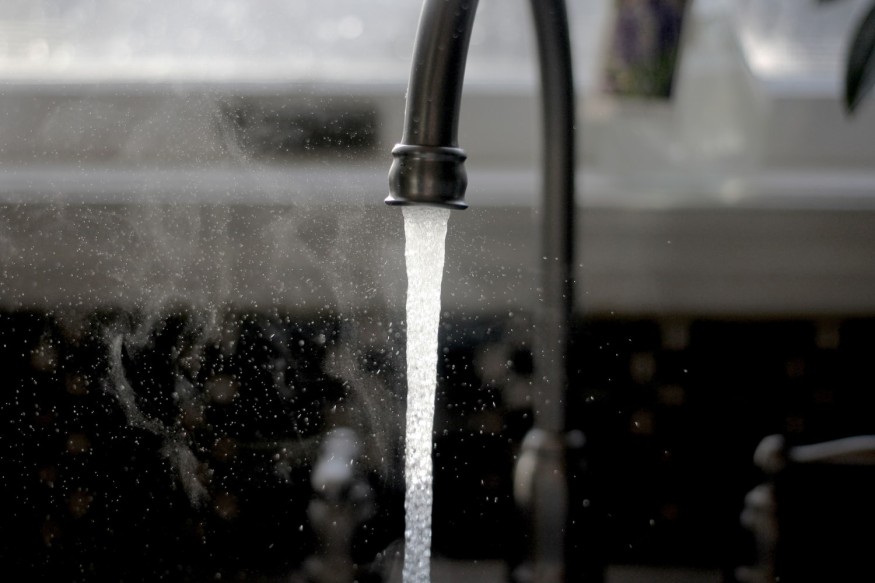
Water is a basic need of every person regardless of gender and status in life. We use tap water at home and in the workplace for cleaning, bathing, cooking, and drinking. And, since we use this necessity every day and wherever we are, the water we're using must be safe, especially if it is intended for drinking. Do you ever wonder if your tap water at home or in the office is safe to drink?
Yahoo! Lifestyle reports that there are ways to find out if the tap water in your area is potable. Recently, the Environmental Group (EWG) released an updated database on tap water, allowing people to find out for themselves "which contaminants are found in their local tap water and how it may impact their health."
The Tap Water Database
You don't need technical or technological expertise to know if your tap water is safe to drink. In the tap water database EWG released, all you need to do is search from online, by state or ZIP code, to find your local utility. Then, click on the individual pollutants detected in your water so you can discover more about them, including the health risks they carry.
Don't hesitate to click to find your location, and see if your tap water is contaminated. There are almost 50,000 local utilities located in 50 states listed in the database. Water utilities and their locations are not the only information you'll find in this EWG database.
Other information you'll find is water quality tests, which the water systems conducted from 2012 to 2017. More so, the file also contains more than 30 million test results for over 500 chemicals. From these results, 284 were discovered in the U.S. drinking water.
EWG's Aim to Raise Clean Water Awareness
An article e-News US posted recently indicated that EWG's release of the database is part of its initiative to "increase transparency and inform the people about how safe their drinking water really is." Also, a senior scientist from EWG, Tasha Stoiber, Ph.D., states that most systems in the country do pass the standards for drinking water.
However, it does not mean the tap water is entirely safe, especially for vulnerable groups, including pregnant women, kids, and those who have compromised health states. A recent study has it that drinking water may already contain cancer-causing contaminants. The same study found more than 20 hazardous contaminants, including disinfection by-products, arsenic, and radioactive pollutants such as radium and uranium.
Hope for the Database
EWG is hoping its database can encourage people to discover more about what their tap water contains. More importantly, the organization wants people to be more involved to ensure the safety of their water. With the database now available online anytime, you'll easily know why there are pollutants in your water. And, while you discover if your area is producing clean tap water, it is also essential to learn what to do as well, if you find out some toxins in your drinking water. If you don't know how to start and what to do with your contaminated water, EWG offers a guideline for water filter.











